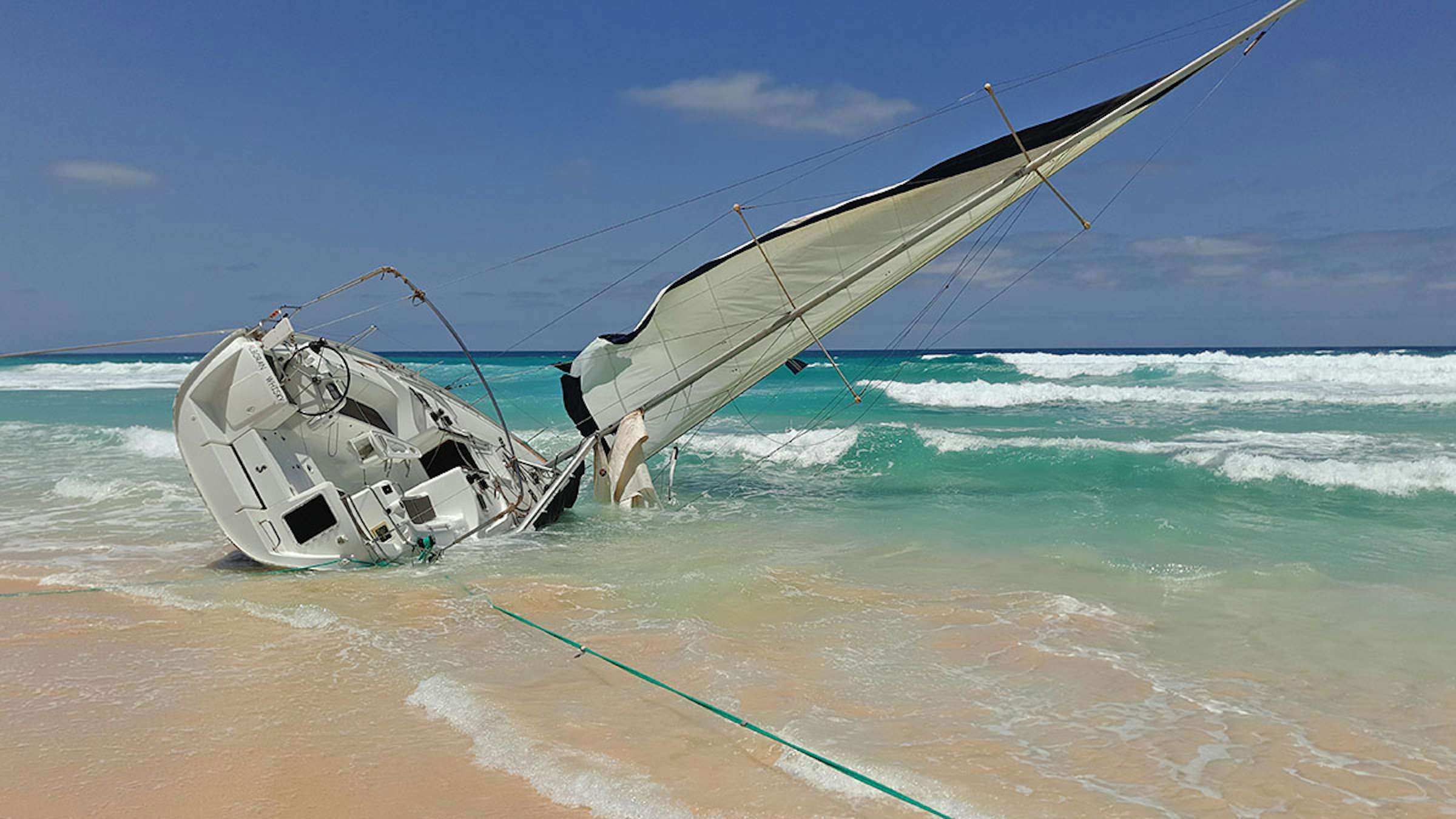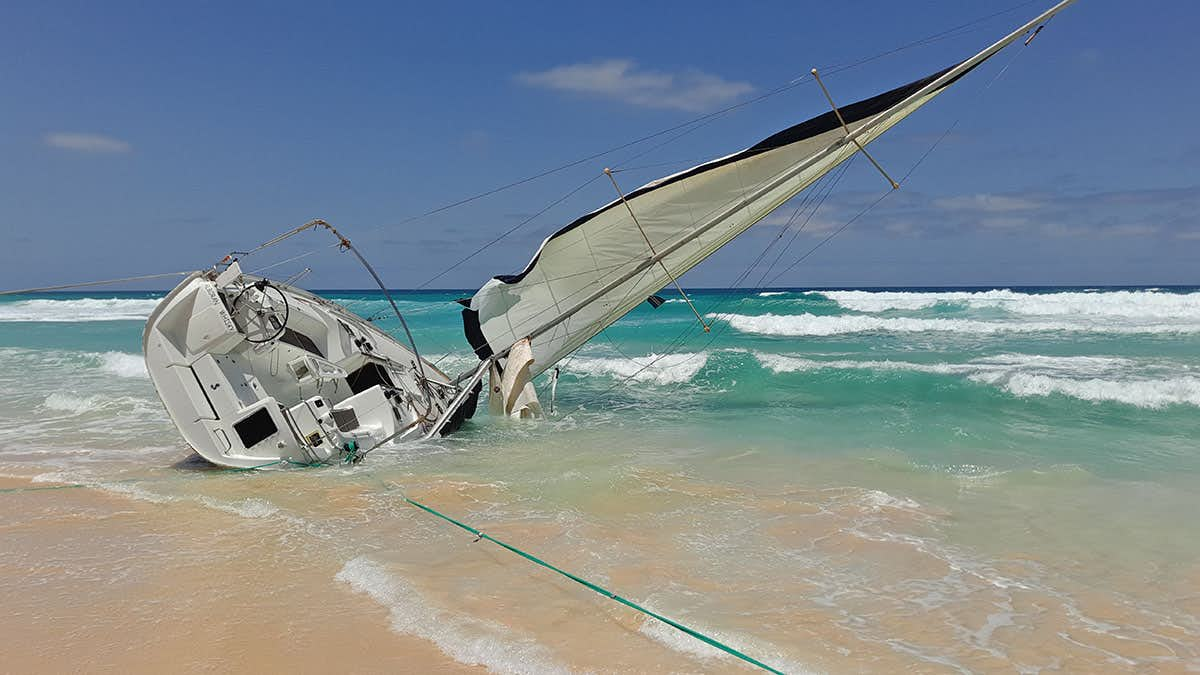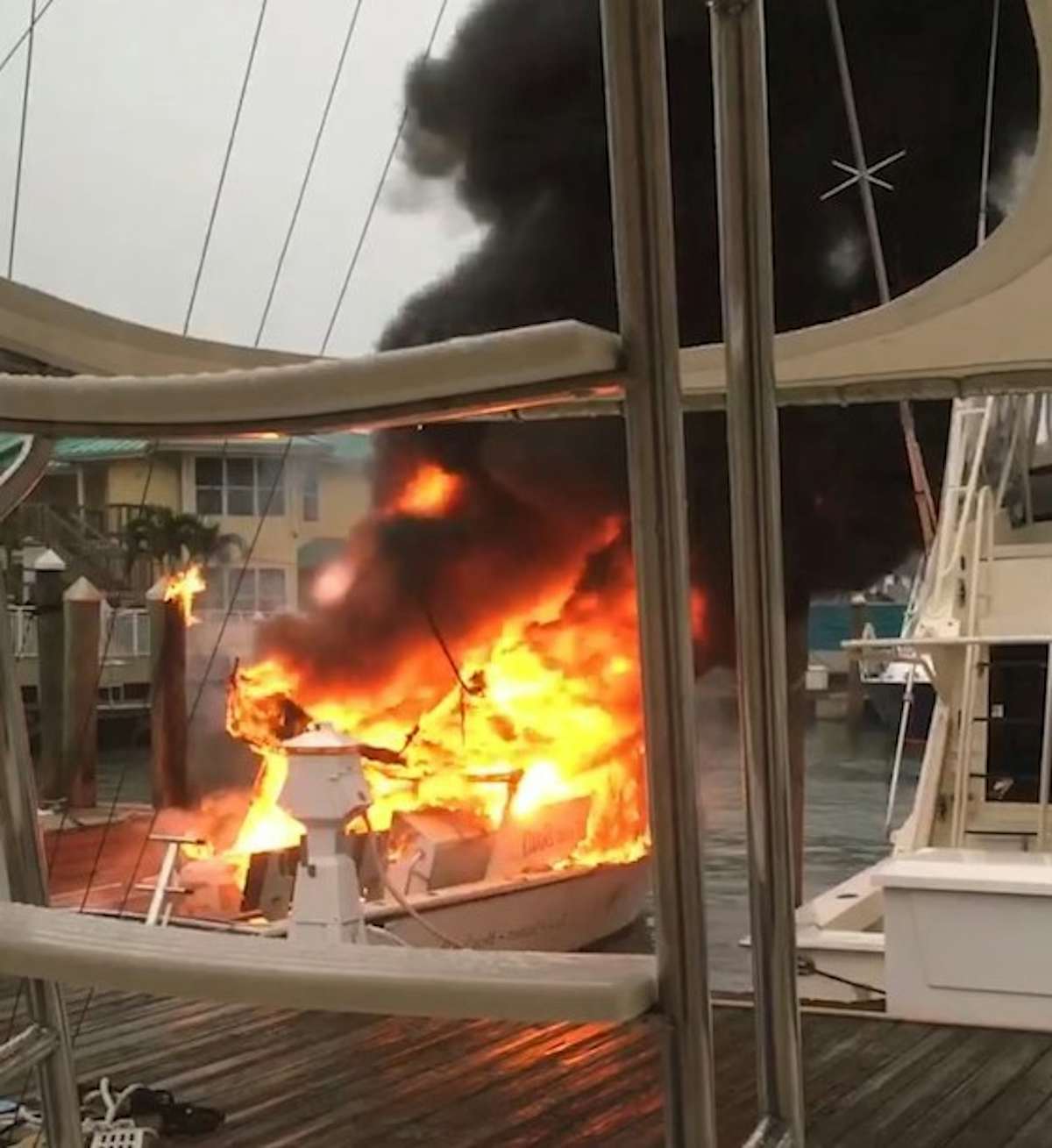
What to do in a boating emergency
If you are a boater you need to be armed with information on what to do should things go wrong when you are out on your boat.
It’s not one of those things to resolve with a quick google, should an unfortunate event occur. Ensure this knowledge is stored in your memory. Even after careful planning and maintenance, problems can occur on the water. A fun day on the water can turn into a life-or-death ordeal in a matter of minutes. The proficient pleasure craft operator is prepared for any and all emergencies.
Maritime rules and safety information include very clear and concise instructions on what to do if in a boating emergency (see pg 18 of their Safer Boating Guide). They specify you should:
- Wear your lifejacket
- Activate your distress beacon
- Switch your radio to full power
- Radio a MAYDAY call and call 111
- Use flares if boats or rescuers are close
- Stay with your boat (it’s easer to spot in the water than a person)
- Anchor your boat to maintain your position (if it’s safe to do so)
There are different boating emergency scenarios to consider.
Capsize
Most boating fatalities result after a small vessel is swamped or capsizes.
- Always wear your lifejacket. Many people don’t survive the first few minutes without one, especially in cold water
- Trigger your EPIRB or PLB beacon or call for help
- Red hand-held flares are good visual distress signals and can be used day or night. Ensure yours is up to date
- Have a grab bag ready (see information below under Safety Gear heading).

Sinking
- If your boat starts taking in water, ensure everyone on board has lifejackets on
- Find the leak and reduce the flow of water by pushing something into the hole
- Make a distress call
- Trigger a beacon
- Head to shallower water, bailing the water out as best you can as you go
- Should the boat submerge or turn over then stay with the boat (more chance of being found)
- Never attempt to swim to shore unless you have a lifejacket on
- If you can, keep warm by raising your body out of the water (on to the up-turned boat).
Given this topic is of such significance it’s no surprise that many websites and publications offer advice.
The Boaties best mate article on emergency advice leads with the following…If your boat is sinking, someone is injured or life is in danger, immediately call us on VHF Channel 16 (the international maritime distress channel), dial *500 from your cellphone for our Operations Centre, or dial 111. This article includes information on how to make a Mayday call.
In addition to covering what to do if your boat is sinking, the article looks at other emergency scenarios such as person overboard, a fire onboard (there’s suggestions on the best extinguisher to carry too), and who has to be notified if your boat sinks.
If you're on fire
- Put on lifejackets if you’re not already wearing them
- Raise the alarm (Mayday)
- Position the boat so the fire is downwind
- Use your fire extinguisher -remember: pull the pin, aim at the base of the fire, squeeze the handle, sweep side to side. (Ensure it is easily accessible and serviced regularly).
- Control the fire if you can do so safely by removing either:
- Fuel - Shut down the engine and fuel supply if it is an engine fire; Turn off power supply if it is an electrical fire. Note: This may affect communication, so make sure you’ve raised the alarm first.
- Heat - apply cold water
- Oxygen - smother the fire with a fire blanket or extinguisher
- Prepare to abandon ship

Person overboard
This scenario is well worth a read as, according to information on the safeboater website, 40 per cent of all boating fatalities are a result of people falling overboard. Pleasure boat operators must know the proper procedure to recover someone who has fallen overboard. Advice from this site is as follows:
- When a person falls overboard, whoever sees the accident should shout OVERBOARD
- Throw a buoyant object like a life ring or lifejacket, to help mark the spot and assist the person in the water
- Assign one person to keep sight of the overboard person. Use a flashlight at night
- Turn the boat and approach the person in the water with the boat facing upwind to help use the wind to slow the boat for better manoeuvring and to ensure you do not run over the victim
- Switch the engine off to avoid the danger of it accidentally being put into gear
- In a small boat recover the person over the stern, which is the lowest part of the boat
- Boats must have a reboarding device if the freeboard is greater than .5 metres. This can be a ladder or swim platform. Getting a person out of the water and back onto the boat is often harder than you think. An emergency boarding ladder is an inexpensive safety item that should be carried on most boats.
To aid in overboard recovery it is recommended you have on board buoyant heaving lines, lifebuoys and / or an adequate reboarding device. The Equipment Regulations will give you the minimum required equipment.
Hypothermia
If someone on your pleasure craft suffers from hypothermia, a quick response by you could save their life. Hypothermia can be caused by immersion in cold water, exposure to cold air and wind in water-soaked clothing and prolonged exposure to low air or water temperatures.
- Remove the person from the source of the cold
- Provide a dry shelter
- If possible, prevent a further decrease in body temperature and warm the person's body gradually by:
- replacing wet clothes with dry clothes
- wrapping the person in a blanket
- placing dry coverings over the person
- covering the person's head and neck
- apply warm, dry objects at 40 to 45ºC. Do not apply heat greater than this.
Safety drills
Tips for Handling Trouble at Sea is the topic of an article that features in the On the Water website. The writer - Captain Mark Bologna - places great emphasis on preparation and practice being important components of any crew’s emergency routine.
“The best way to prepare for an emergency is through practice,” he says.
“Crews who run through safety drills on a periodic basis are much more likely to react appropriately when the real thing happens. When you’re practicing, it is important to follow the decision-making process and plan of action that would be involved in an actual emergency.”
Bologna is adamant that, with proper preparation, most serious emergencies can be dealt with in a way that minimises the risk to those on board and maximises chances of survival.
In terms of preparedness, Maritime NZ emphasises the need to brief your crew or passengers on what to do if things go wrong, and practise different scenarios - be mentally prepared for the unexpected.
It is also important to ensure someone else knows how to operate the boat if the skipper can’t.
Safety gear
Have you got the right safety gear on board and is it stored in a sensible place - can you access it easily in an emergency or after a capsize?
Maritime New Zealand recommends you have the following items on board:
- Boat hook and throwing line
- Warm clothing
- First aid kit
- Navigation equipment
- Bailing system
- Rope
- Waterproof torch
- Alternative power (a spare outboard, oars or paddles).
Also, put together a floating grab bag, containing the emergency gear you would need should you have to abandon boat. The bag should contain lifejackets and way of calling for help (ie emergency distress beacon, flares, or a water-proof VHF radio.
Help from the Police
Did you know the police also have your back? The NZ Police manages nearly 2,000 land and marine search and rescue incidents each year?
Officers in each police district are trained as search and rescue marine (SAR) coordinators. They work with volunteer groups such as: Coastguard NZ, Local rescue helicopters, Amateur Radio Emergency Corps and more.
A police keeping the community safe document includes emergency at sea information, as well as boat safety advice and it lists the most common distress signalling methods.
Rendering assistance
If you are involved in an accident, you should exchange information with and assist those in the accident without endangering your own life or the safety of your vessel. If you see a distress signal, you should assist those in distress if you can do so without putting your vessel or crew at risk.
Reporting an accident
Accident reports must be filed after boating accidents. See here for a step-by-step guide as to what is required.
Give yourself some extra peace of mind too
Not already insured on the water? Talk to us today about our cover options.